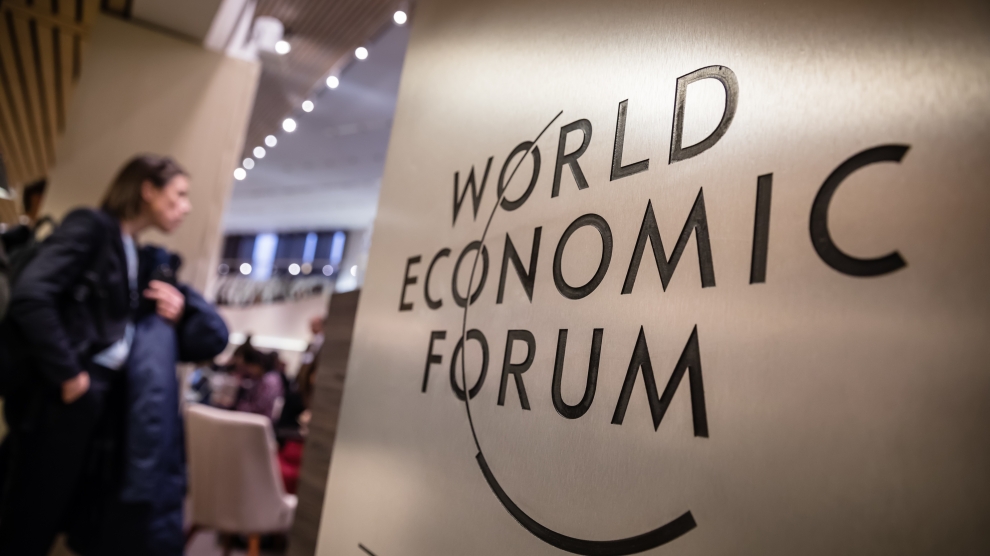“The Great Reset” will be the theme of a unique twin summit to be convened by the World Economic Forum (WEF) in January, 2021. The 51st World Economic Forum Annual Meeting will bring together global leaders from government, business and civil society, and stakeholders from around the world in a unique configuration that includes both in-person and virtual dialogues.
“We only have one planet and we know that climate change could be the next global disaster with even more dramatic consequences for humankind. We have to decarbonise the economy in the short window still remaining and bring our thinking and behaviour once more into harmony with nature,” said Klaus Schwab, founder and executive chairman of the World Economic Forum.
“A great reset is necessary to build a new social contract that honours the dignity of every human being,” added Schwab “The global health crisis has laid bare the unsustainability of our old system in terms of social cohesion, the lack of equal opportunities and inclusiveness. Nor can we turn our backs on the evils of racism and discrimination. We need to build into this new social contract our intergenerational responsibility to ensure that we live up to the expectations of young people.”
“Covid-19 has accelerated our transition into the age of the Fourth Industrial Revolution. We have to make sure that the new technologies in the digital, biological and physical world remain human-centred and serve society as a whole, providing everyone with fair access,” he said.
Mr Schwab also pointed out that the global pandemic had demonstrated again how interconnected the world now is.
“We have to restore a functioning system of smart global cooperation structured to address the challenges of the next 50 years. The Great Reset will require us to integrate all stakeholders of global society into a community of common interest, purpose and action,” said Schwab. “We need a change of mindset, moving from short-term to long-term thinking, moving from shareholder capitalism to stakeholder responsibility. Environmental, social and good governance have to be a measured part of corporate and governmental accountability,” he added.
Other influential leaders echoed Mr Schwab’s call.
“In order to secure our future and to prosper, we need to evolve our economic model and put people and planet at the heart of global value creation,” said HRH The Prince of Wales. “If there is one critical lesson to learn from this crisis, it is that we need to put nature at the heart of how we operate. We simply can’t waste more time.”
The Prince of Wales has long campaigned for environmental issues, not least in Transylvania, Romania, where he has invested in property, restoring a number of cottages in which he stays at least once a year. For the rest of the year he opens them to all comers, declaring his wish (in a personal note handed to all guests) that it “will encourage more people to visit Transylvania, and in this way promote sustainable development.”
António Guterres, secretary-general of the United Nations, called the great reset “a welcome recognition that this human tragedy must be a wake-up call. We must build more equal, inclusive and sustainable economies and societies that are more resilient in the face of pandemics, climate change and the many other global changes we face.”
WEF intends its next annual meeting to be a more innovative summit, reflecting the spirit of the great reset. It will provide a unique opportunity at the beginning of 2021 to bring together the key global government and business leaders in Davos, yet framed within a global multi-stakeholder summit driven by the younger generation to ensure that the great reset dialogue pushes beyond the boundaries of traditional thinking and is truly forward-oriented.
To do so, the World Economic Forum will draw on thousands of young people in more than 400 cities around the world, many in emerging Europe, who will be interconnected with a powerful virtual hub network to interact with leaders in Davos. Each of those hubs will have an open house policy to integrate all interested citizens into this dialogue, making the annual meeting open to everyone.
—
Unlike many news and information platforms, Emerging Europe is free to read, and always will be. There is no paywall here. We are independent, not affiliated with nor representing any political party or business organisation. We want the very best for emerging Europe, nothing more, nothing less. Your support will help us continue to spread the word about this amazing region.
You can contribute here. Thank you.




